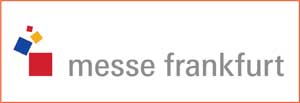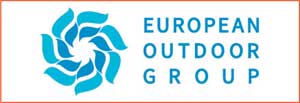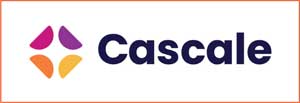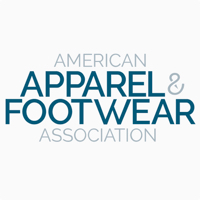 AAFA RSL
AAFA RSL
The American Apparel & Footwear Association (AAFA) is a national trade association representing apparel, footwear and other sewn products companies, and their...
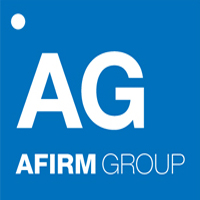 AFIRM
AFIRM
The AFIRM (the Apparel & Footwear International RSL Management Working Group) provides resources for sustainable, self-governing RSL implementation across the...
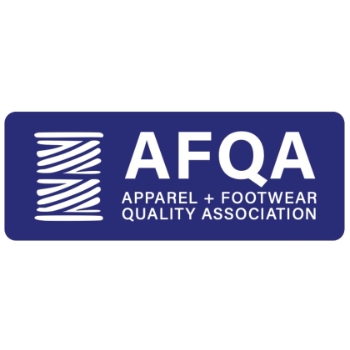 AFQA
AFQA
The Apparel and Footwear Quality Association (AFQA) is a new collaborative forum of apparel and footwear companies that aims to improve physical textile testing to...
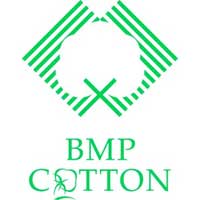 Australian BMP Cotton
Australian BMP Cotton
BMP is the Australian cotton industry’s best practise guidelines for growing cotton in harmony with the environment using an audited process with fully traceable supply chains.
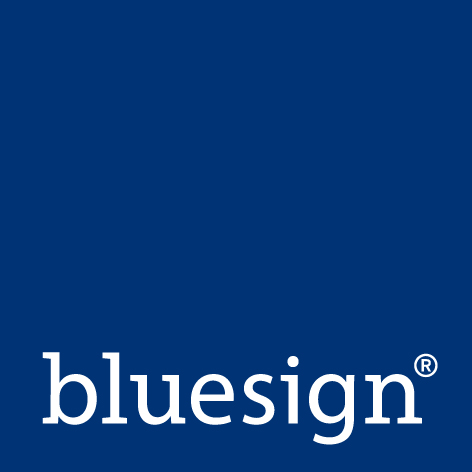 Bluesign Technologies
Bluesign Technologies
Focusing on consumer safety and the environment, the Swiss-based bluesign system examines natural resources and chemicals used in textile production, occupational health...
 BREF IPPC
BREF IPPC
The reference documents on best available techniques (BREF) are a series of documents that reflect an information exchange in the European Union carried out according to...
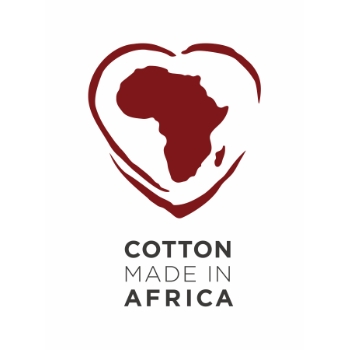 Cotton made in Africa
Cotton made in Africa
Cotton made in Africa (CmiA) is an independent standard for sustainable and traceable cotton. Through diversification, resource efficiency and innovative approaches,...
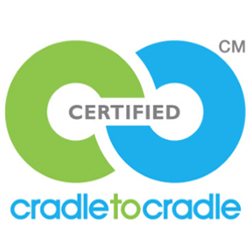 Cradle to Cradle
Cradle to Cradle
The Cradle-to-Cradle standard assesses product safety to humans and the environment, as well as product design for material reuse using a four-tier improvement system,...
 EU Chemicals Strategy for Sustainability
EU Chemicals Strategy for Sustainability
This strategy was launched in October 2020 as part of the zero-pollution ambition – a key commitment of the European Green Deal.
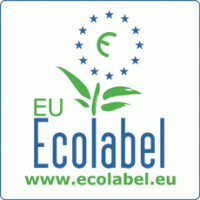 EU Ecolabel:Textiles
EU Ecolabel:Textiles
The European Ecolabel system allows the products of manufacturers, retailers or service providers to carry the distinctive ‘Flower’ label for marketing purposes...
 EU Environmental Compliance Assistance Programme (ECAP)
EU Environmental Compliance Assistance Programme (ECAP)
It is often complicated for small and medium sized businesses to completely comply with environmental legislation and have a comprehensive vision of short and long term...
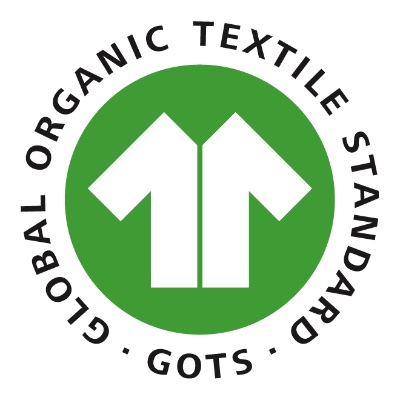 Global Organic Textile Standard (GOTS)
Global Organic Textile Standard (GOTS)
The Global Organic Textile Standard (GOTS) is an international standard for processing certified organic fibres. It encompasses stringent ecological, social, and human...
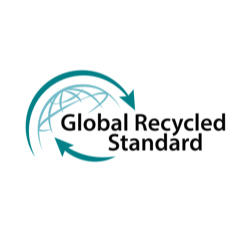 Global Recycled Standard
Global Recycled Standard
The Global Recycled Standard (GRS) addresses input material verification, chain of custody, environmental principles, social requirements, and labelling for textile...
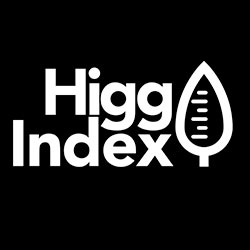 Higg Index
Higg Index
The Higg Index, is a suite of self-assessment tools developed and owned by Cascale that assesses the manufacturing, brand and product impacts of textile and consumer...
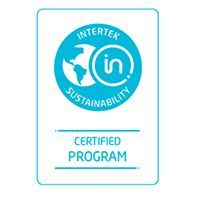 Intertek Recycled Content Program
Intertek Recycled Content Program
Since the last guide was published in 2018, international testing house Intertek has retired its ‘Green Leaf’ environmental marks for consumer goods including...
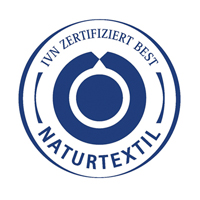 IVN BEST
IVN BEST
IVN is one of four members of the International Working Group for the Global Organic Textiles Standard (GOTS), and also supplies its own standard – the ‘Naturtextil...
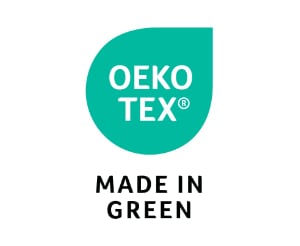 Made in Green by Oeko-Tex
Made in Green by Oeko-Tex
Made in Green by Oeko-Tex is a traceability label for textiles tested for harmful substances and the use of sustainable production practices and technologies...
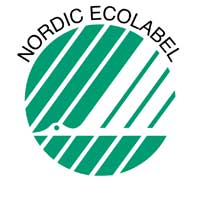 Nordic Ecolabel
Nordic Ecolabel
The non-profit Nordic ‘Swan’ Ecolabel is a voluntary license designed to help companies make and indicate products to the consumer that are more sustainable. It is...
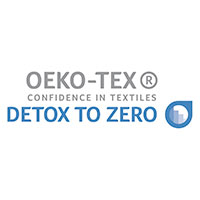 Oeko-Tex Detox to Zero
Oeko-Tex Detox to Zero
Based on the Detox campaign launched by Greenpeace in 2011 (and mothballed in 2019), this tool aims to exclude the 13 potentially hazardous chemicals from textile...
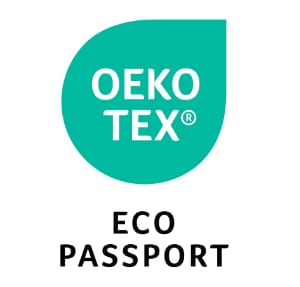 Oeko-Tex Eco Passport
Oeko-Tex Eco Passport
The ‘Eco Passport’ by Oeko-Tex is an independent certification system for chemicals, colourants and auxiliaries used in the textile and leather industry. It is...
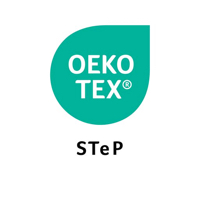 Oeko-Tex Sustainable Textile Production - STeP
Oeko-Tex Sustainable Textile Production - STeP
Sustainable Textile Production (STeP) is an Oeko-Tex certification system for brands, retail companies and manufacturers from the textile chain who want to communicate...
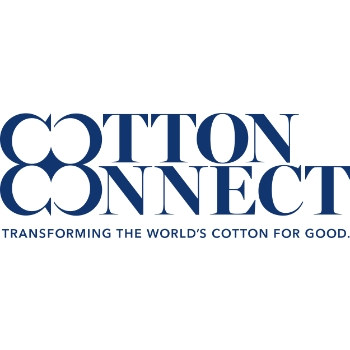 REEL Cotton
REEL Cotton
REEL Cotton is a traceable sustainable agriculture program run by CottonConnect that promotes environmentally friendly and socially responsible cotton farming.
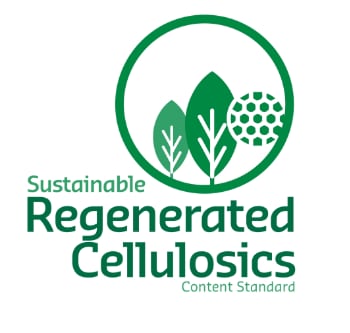 Sustainable Regenerated Cellulosics
Sustainable Regenerated Cellulosics
The Sustainable Regenerated Cellulosics Content Standard (SRCCS) formerly known as the Sustainable Viscose Chain of Custody Standard (SVCOC), was initially created by...
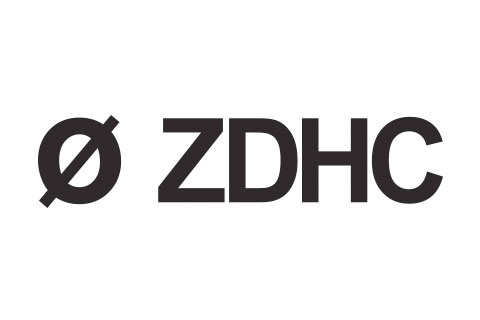 ZDHC - Chemical Gateway
ZDHC - Chemical Gateway
The ZDHC Gateway is a powerful tool and database designed to help eliminate harmful substances from global fashion and footwear supply chains.


